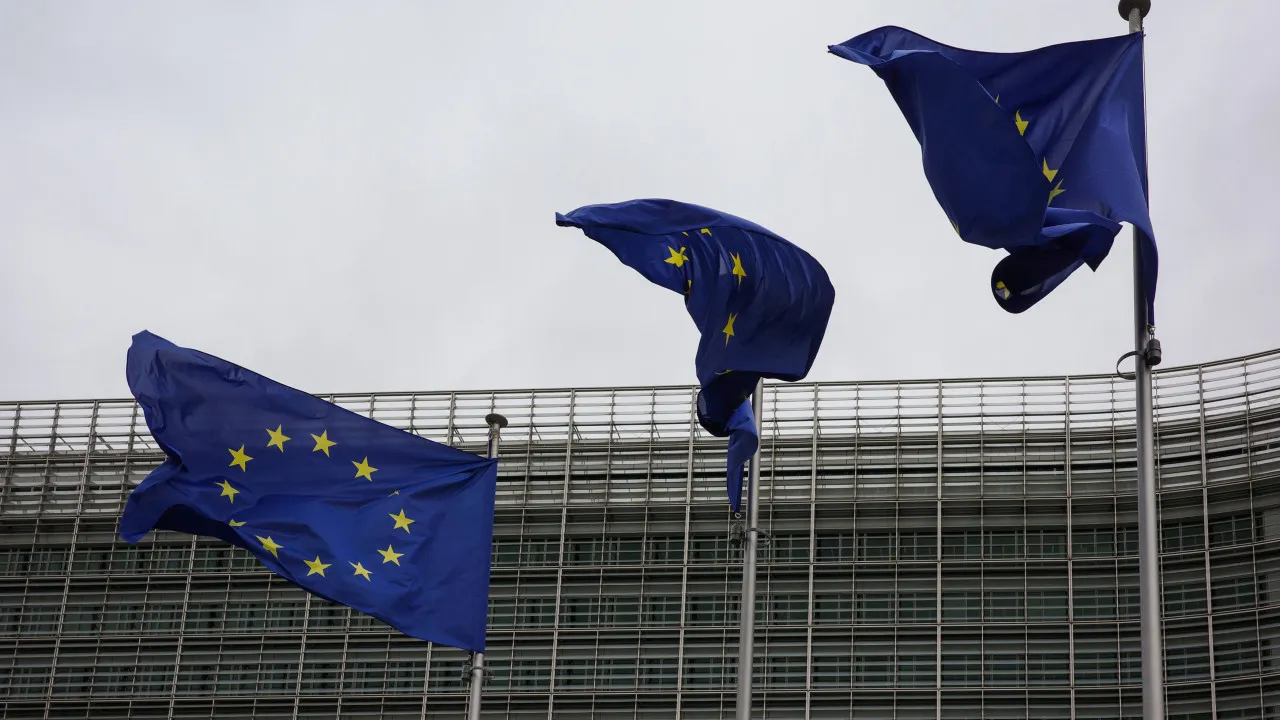
The president of the National Commission for Women’s, Children’s, and Adolescents’ Health highlighted the significance of expanding the vaccination against the Respiratory Syncytial Virus (RSV), which causes pneumonia, to infants born between June 1, 2025, and March 31, 2026, stating, “The results are robust and confirm what was already the global experience and literature.”
“It has changed the historical paradigm we had regarding the seasonal period, the incidence of acute respiratory illness, the cause of the incidence of acute respiratory illness, particularly in young children,” he affirmed, emphasizing the reduction in emergency visits and hospitalizations.
Last year, he noted, there was a “surge” in cases of influenza A and B (flu virus) among children, while the RSV “decreased drastically.”
Last year Portugal initiated immunization against RSV for infants born between August 1, 2024, and March 31, 2025. It has been announced for this year—though without an official guideline yet—that this vaccination will be extended by two more months to include infants born between June 1, 2025, and March 31, 2026.
However, the expert pointed out that this update still excludes infants born in April and May of this year, who will be five to six months old at the start of the RSV circulation period and could enter nurseries unprotected. He expressed hope that they will be included in the upcoming year.
“It is clearly a significant advantage concerning the results, regarding efficiency and costs for the country (…), which also needs to be quantified,” he said, mentioning the parental work absenteeism when accompanying hospitalized children and the risk of spreading the virus to immediate family members.
“We have already anticipated two more months this year, so this is a very positive sign,” stated Caldas Afonso, adding, “In my opinion, it is clear that next year will include [the vaccination of those born in April and May of this year].”
According to former Secretary of State for Health Ana Povo, during the announcement of this vaccination expansion in April, last year saw a decrease of about 85% in hospitalizations in general wards and intensive care among children up to three months old, and a reduction of 40% among babies aged three to six months.
“Portugal is on the right path and has been taking steps with full technical support and total caution—especially considering the financial costs associated with this measure—but I believe that next year we will take the next step to extend it by two more months. Ultimately, it aligns with what is happening in European countries,” he said.
Caldas Afonso also highlighted the “high vaccination rates in Portugal,” emphasizing that “this only happens because we have very well-established maternal and infant health policies, making prevention one of the major priorities.”




